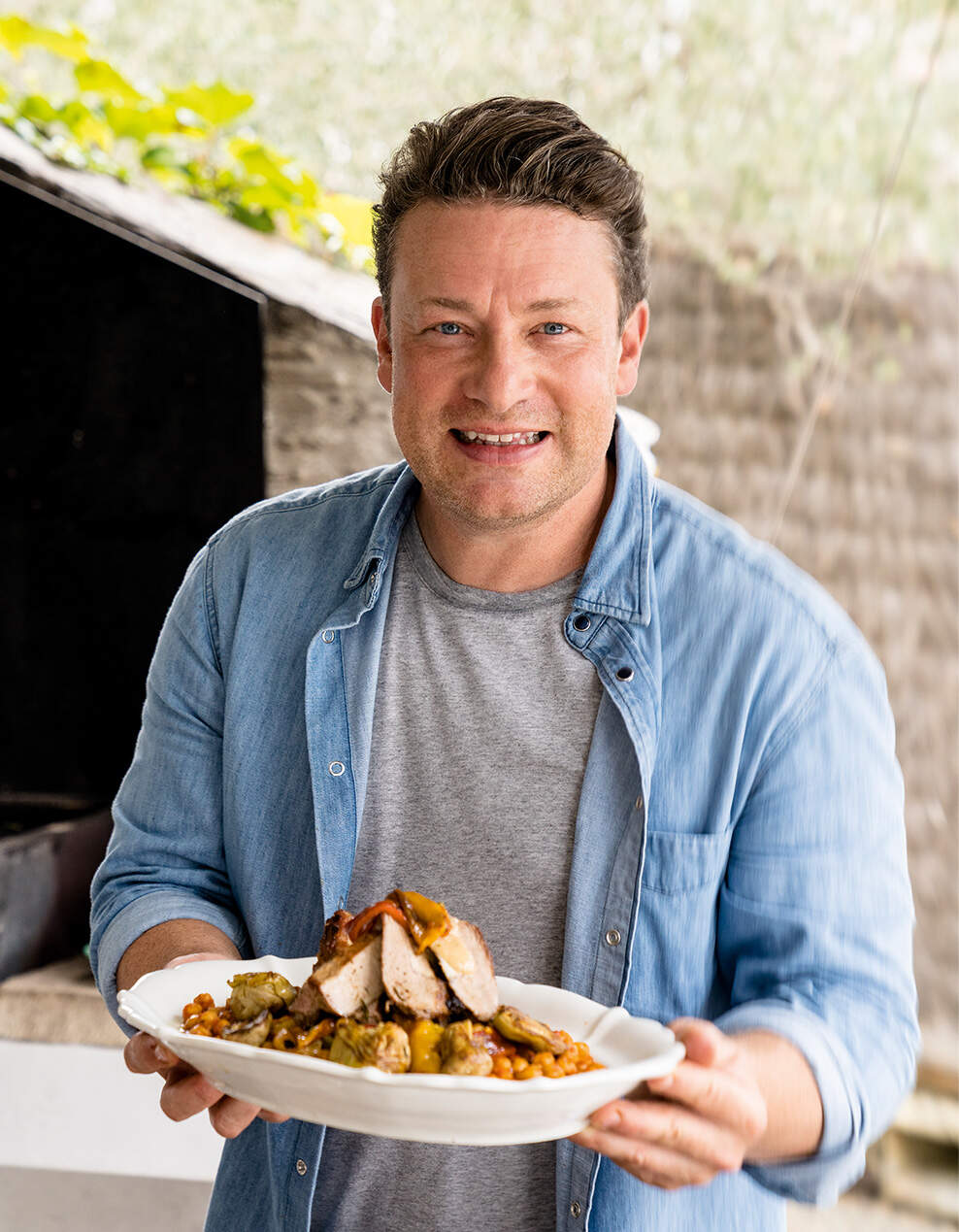This post was written by Patricia A. O'Gorman, Ph.D.
Families can be thorny even in good times. There’s always a great deal to negotiate. But this year, having an extra dose of compassion can help you know when to pass the potatoes and when to hold the mask, a theme I explored on a recent radio show for KCRW in Los Angeles.
What is a family?
Perhaps on the most basic level, a family is a group of individuals we love so much that we will do things for them we would not do for anyone else. This doesn’t mean it’s easy, but we are often willing to because they are, well, family.
Our basic desire to be with our family, vaccinated or not
Last year, we couldn’t get together because there was no vaccine for COVID-19. This year, if we want to see each other for the holidays, we’ll need to negotiate several issues all at the same time. Need some support? Try the following tips:
1. Own that you have skills to deal with your family. After all, you have been dealing with your family your whole life. You know what not to say to Aunt Mathilda, how to ask Grandma for something, how to charm your father. Over the years, you’ve developed negotiating skills tailored for each person in your family.
Here are 5 things you’ve probably confronted and negotiated with your family:
- Food allergies and special diets. Do you bring the pecan pie now that you know your nephew has a nut allergy? What about accommodating your daughter’s vegan diet, or Grandma’s diabetic challenges?
- Who brings what dish? Each family member has a specialty, but you’ve already experienced how offended they may be if not invited to bring their masterpiece, even if it was left virtually untouched last year.
- Drinking and driving. How do you make sure those who drink have a designated driver? Do you plan to just take away someone’s keys and have them sleep it off on your sofa? If there's a family member newly in recovery, do you decide that this will be a celebration with no alcohol?
- Who sits next to whom? Do you put fully vaccinated people in one room and those who are unvaccinated in another?
- And...you know how to keep the peace and not ask inappropriate questions, such as why your brother is still dating a girl you feel is not worthy of him. Take a deep breath. You’re probably better prepared than you feel in having this discussion.

2. You deserve a plan that makes you feel safe: That’s self-compassion
While authorities are saying to only congregate in groups with those who are fully vaccinated or vaccinated and boosted, you need to make a plan that works for you, that addresses your needs and fears.
Recognize what will make you feel safe to host or to attend a family celebration. Yes, your safety needs to be a top priority. This is one of the takeaways from the pandemic. With all the uncertainty swirling around us, know that you have the right to keep yourself, your unvaccinated young children, and vulnerable adults safe.
These are the issues you will want to consider:
Vaccination status. Are you: not vaccinated; vaccinated with only one shot; boosted; or not yet boosted?
Testing. Will a rapid-response test be required before you can enter? Only if you’re not vaccinated, or even if you are vaccinated?
Mask wearing. Will masks not be required or be required depending on vaccination status? Will it be required indoors, outdoors, or both?
3. Be honest in your communication. How you communicate your choices depends on your tolerance for risk. Do you want to send out a clear message that includes one of these statements?
- “In recognition of the health concerns of many of our family members, please only come if you are vaccinated. Know that if you don’t come, we love you and will miss you.”
- “We’re requesting that everyone wears a mask regardless of their vaccination status.”
- “Please be prepared to take a rapid-response test at the door and to wait for the results before entering.”
- “Please bring your masks to wear when we’re not outdoors.”
This is exhausting to figure out, so take some time with this. If you’re the recipient of this type of request, don’t just react; consider your own comfort level.
4. Be curious about family members’ responses to your plan. Be curious rather than judgmental. If family members are unvaccinated, ask why. Go deeper than just “I read it on Facebook.”
5. Take this as an opportunity to get to know your family members on a more intimate level. If family members say they are concerned about something they heard or read, whether they express concerns about infertility or changing guidelines or mistrust of the government about vaccines in general, try to find out why they feel the way they do. If the answer you receive is that they don’t trust conventional medicine, ask why. Find out if they trust other entities. For example, do they eat fast foods and not worry about what is in the meat at their favorite hamburger chain? Do they trust the information they receive about snow tires? Why? Be curious about why this specific action is causing so much anxiety.
6. Be compassionate. Being compassionate about the information you receive about family members’ underlying fears can be important to you and them. It may also bring you closer to understanding and helping those you love.
7. Use this as an opportunity to grow. Crisis is an opportunity to develop new skills. We never grow when everything is going well. We grow when we must address something uncomfortable. So see this as a golden opportunity to determine what you need this holiday season.
Patricia A. O’Gorman, Ph.D., is former Director of the Division of Prevention for the National Institute on Alcohol Abuse and Alcoholism (NIAAA), and cofounded The National Association for Children of Addiction. She has authored 10 books on resilience, trauma, and addiction including Healing Trauma Through Self-Parenting, The Lowdown on Families Who Get High, The Resilient Woman and Self-Parenting in the Age of COVID-19 (in press). She co-chairs (with Maureen O'Reilly-Landry, Ph.D.) the Medical and Addiction working group that sponsors this blog.
Compassion: The Needed Ingredient for Family Gatherings - Psychology Today
Read More

No comments:
Post a Comment